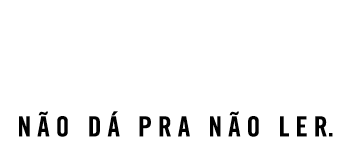Arquivo
Cabiria (1914)

Sobre o filme
The most celebrated production from the silent phase in Italian cinema and a very beloved movie by Federico Fellini, Cabiria has been restored by the Torino Museo Nazionale del Cinema, in association with the London PresTech Film Laboratories Ltd., a company with Brazilian João Sócrates for director. The initiative was highly commended, among others, by filmmaker Martin Scorsese. He recollects seeing the film for the first time: "I was not prepared for the uncommon objective and for the beauty of this film. Neither was I prepared to change my own notion of the history of cinema. There are so many elements we regard as American inventions: historic epics as features, cameras in movement, and diffused light. And suddenly, we have all of this in a film made two years before D.W. Griffith?s The Birth of a Nation!"
Scorsese points, for instance, to the impact and plasticity of the scene in which Hannibal?s army crosses the Alps. The American filmmaker also refers to the importance of the invention of the carrello, a predecessor for rails for moving cameras that not only followed the actor, but enriched the notion of space and drama itself. The use of light, both realistic and poetic, and the sumptuous, detailed scenarios were also vital to better convey the historic dimension. Not to mention the extravagant intertitles, by Gabrielle D?Annunzio (1863-1938), remembered among those who appreciate melodrama as the author of the novel The Innocent, adapted by Luchino Visconti, in 1976.
Carthage, in the third century A.D., during the Punic Wars: young Cabiria is to be sacrificed to the god Moloch, but is saved by Roman Fulvio Axilla and his faithful servant Maciste. Many years later, they recognize her as beautiful Elissa, the favorite of Sofonisba, daughter of the King of Carthage and object, also, of the attentions of the High Priest Kharthalo. The destruction of Carthage by the Roman army seals the love between Fulvio and Cabiria. Mostra will show two versions of the silent epic. The version with a soundtrack applied on the film itself of 112 minutes. The complete version of 195 minutes will be accompanied on the piano by Stefano Maccagno, accomplished in jazz and in instrumentation.
MUSICAL ACCOMPANIMENT
With an extensive curriculum in sound accompaniment, as for instance, at the Bolonha Il Cinema Ritrovato international festival from 1993 until 1998, he also collaborated with the Cineteca Nazionale Italiana, directed by Gianni Comencini until his death in 2005. He wrote the soundtrack for films such as, Due Dollari Chilo, by Paolo Lipari and is the official pianist for the Torino Museo Nazionale del Cinema where he has, for instance, provided the musical background for Wilhelm Friedrich Murnau?s Nosferatu.
Título original: Cabiria
Ano: 1914
Duração: 195 minutos
País: Italy
Cor: P&B
Direção: GIOVANNI PASTRONE
Roteiro: Giovanni Pastrone, Gabriele D’Annunzio
Fotografia: Segundo De Chomon, Augusto Battagliotti, Natale Chiusano, Vincent C. Dénizot,Carlo Franzeri, Gatti, Giovanni Tomatis
Elenco: Lydia Quaranta, Teresa Marangoni,Dante Testa, Umberto Mozzato,Bartolomeo Pagano
Produtor: Giovanni Pastrone
Música: Ildebrando Pizzetti, Manlio Mazza


















